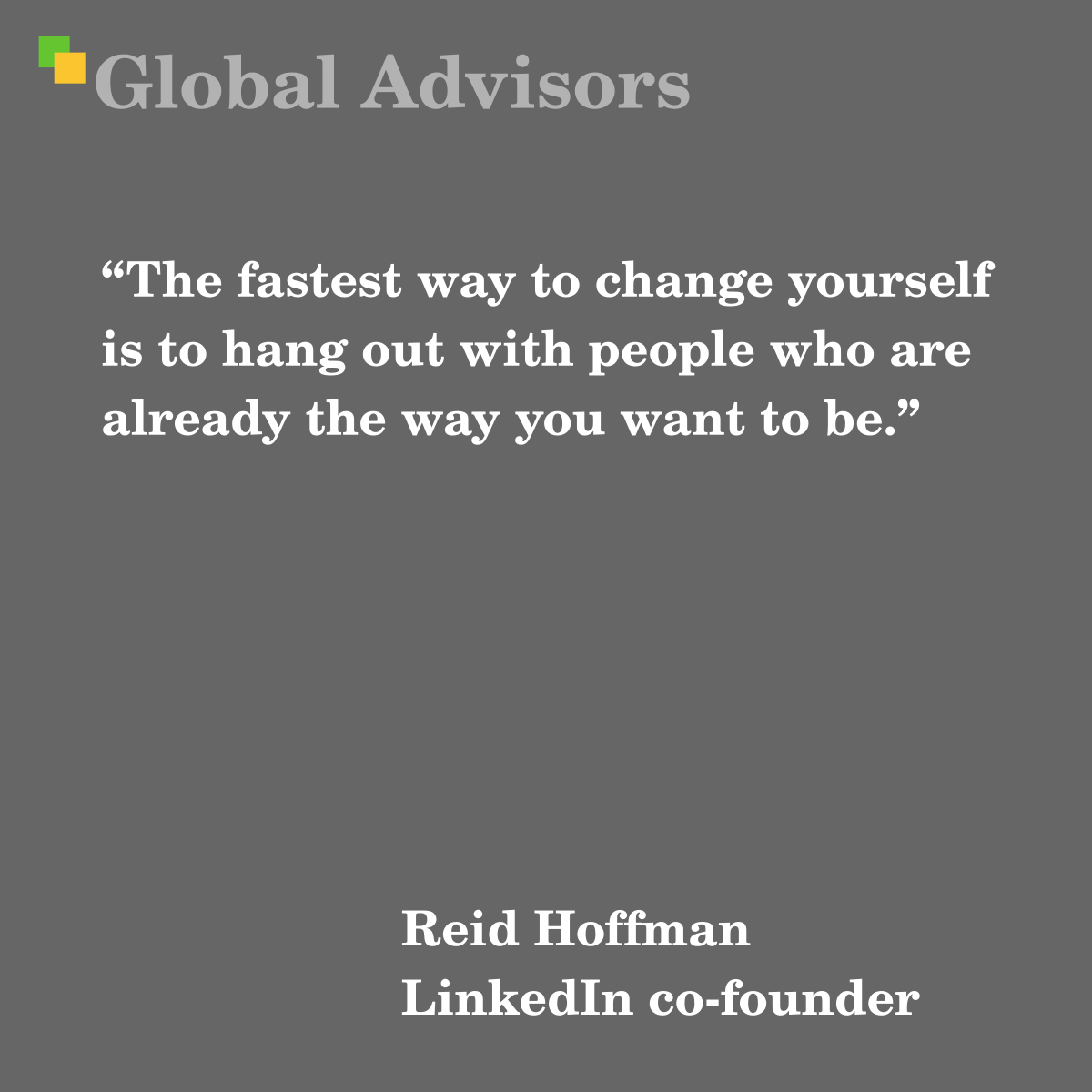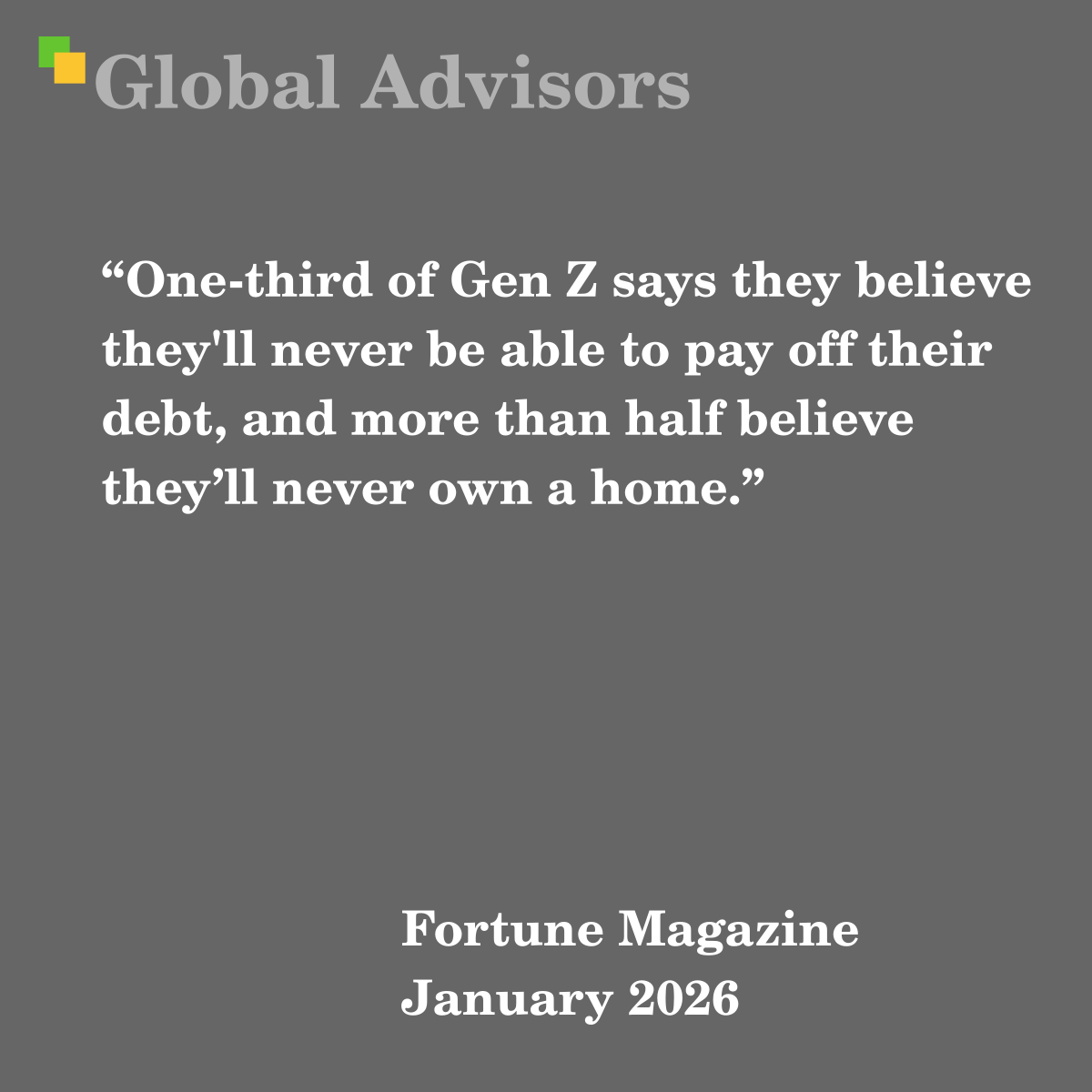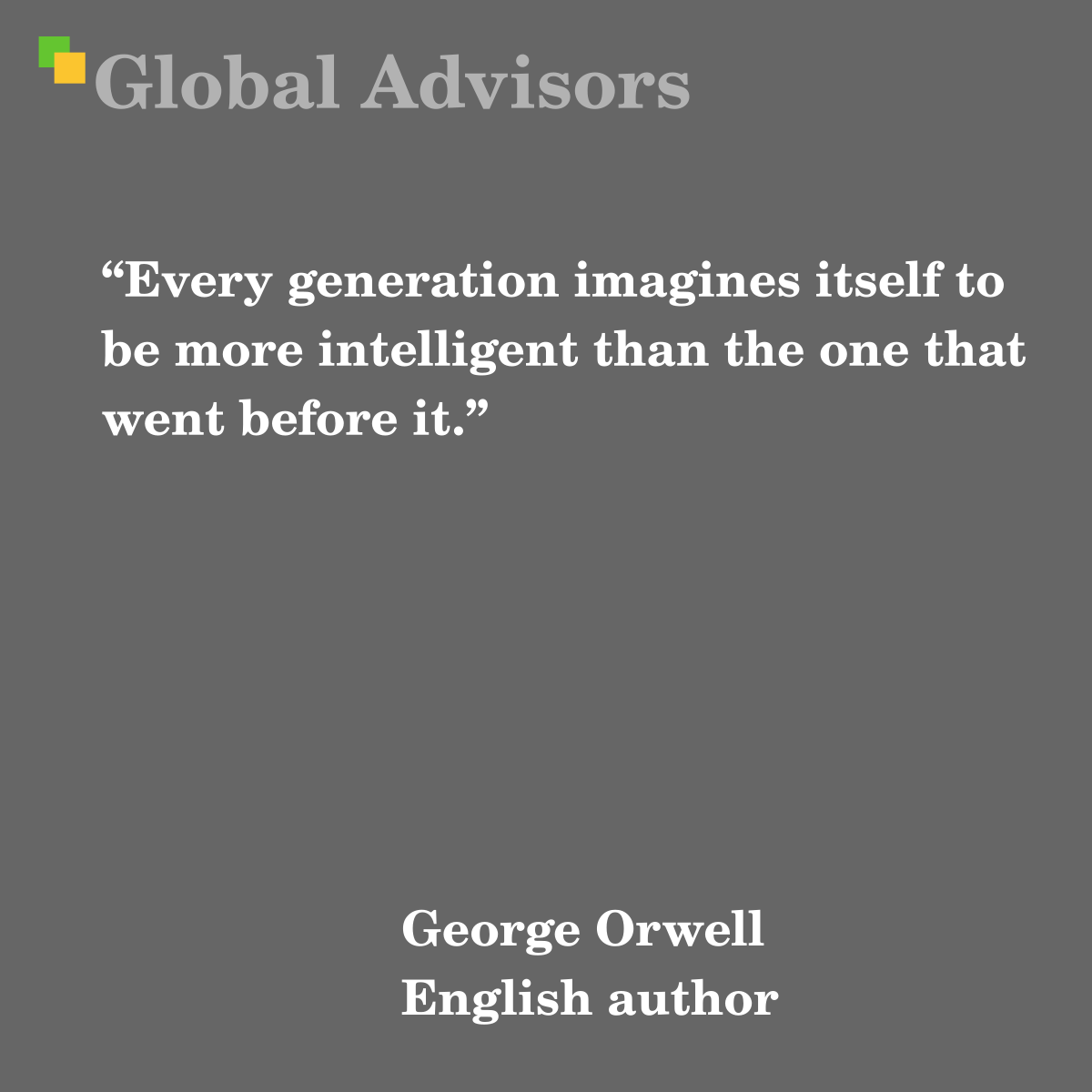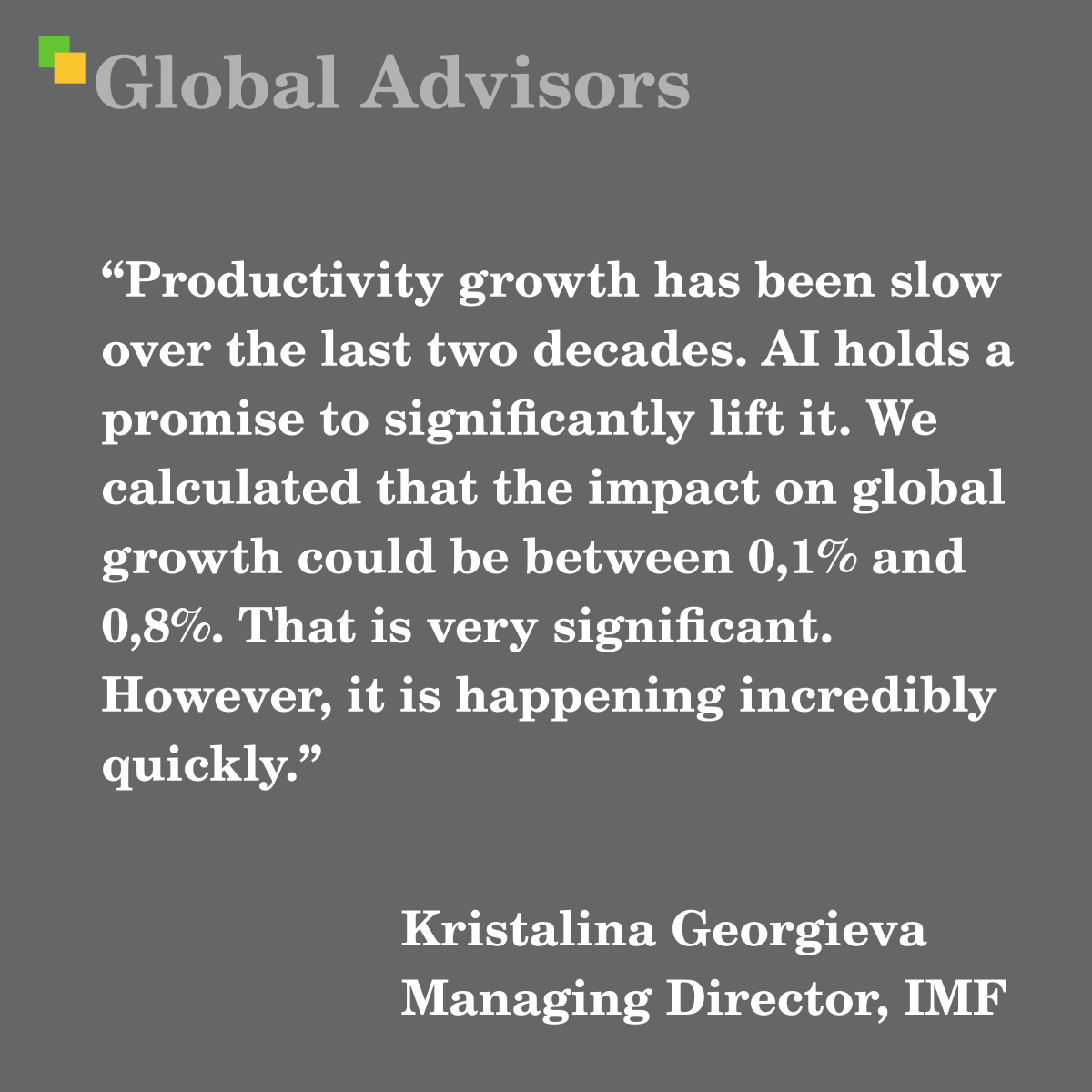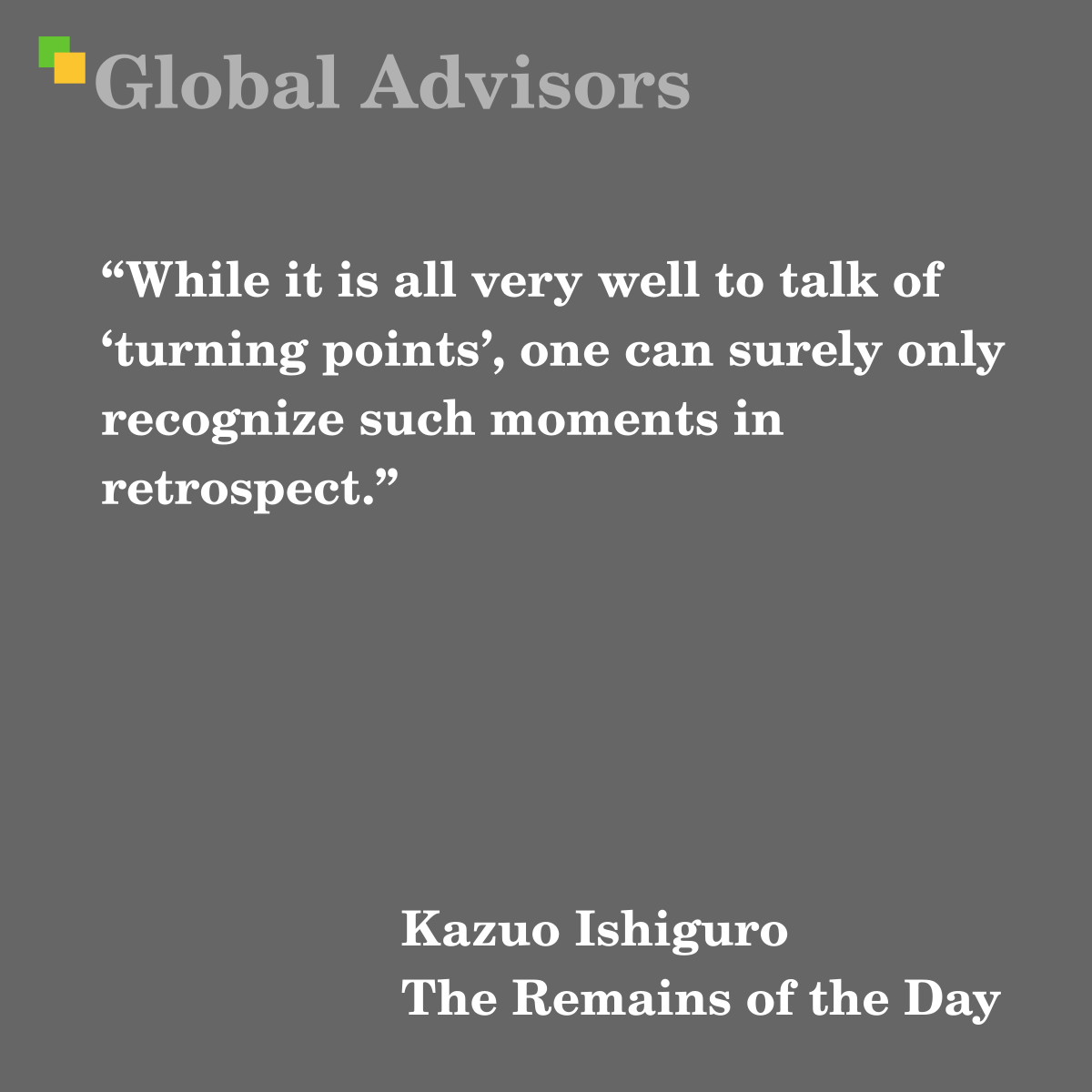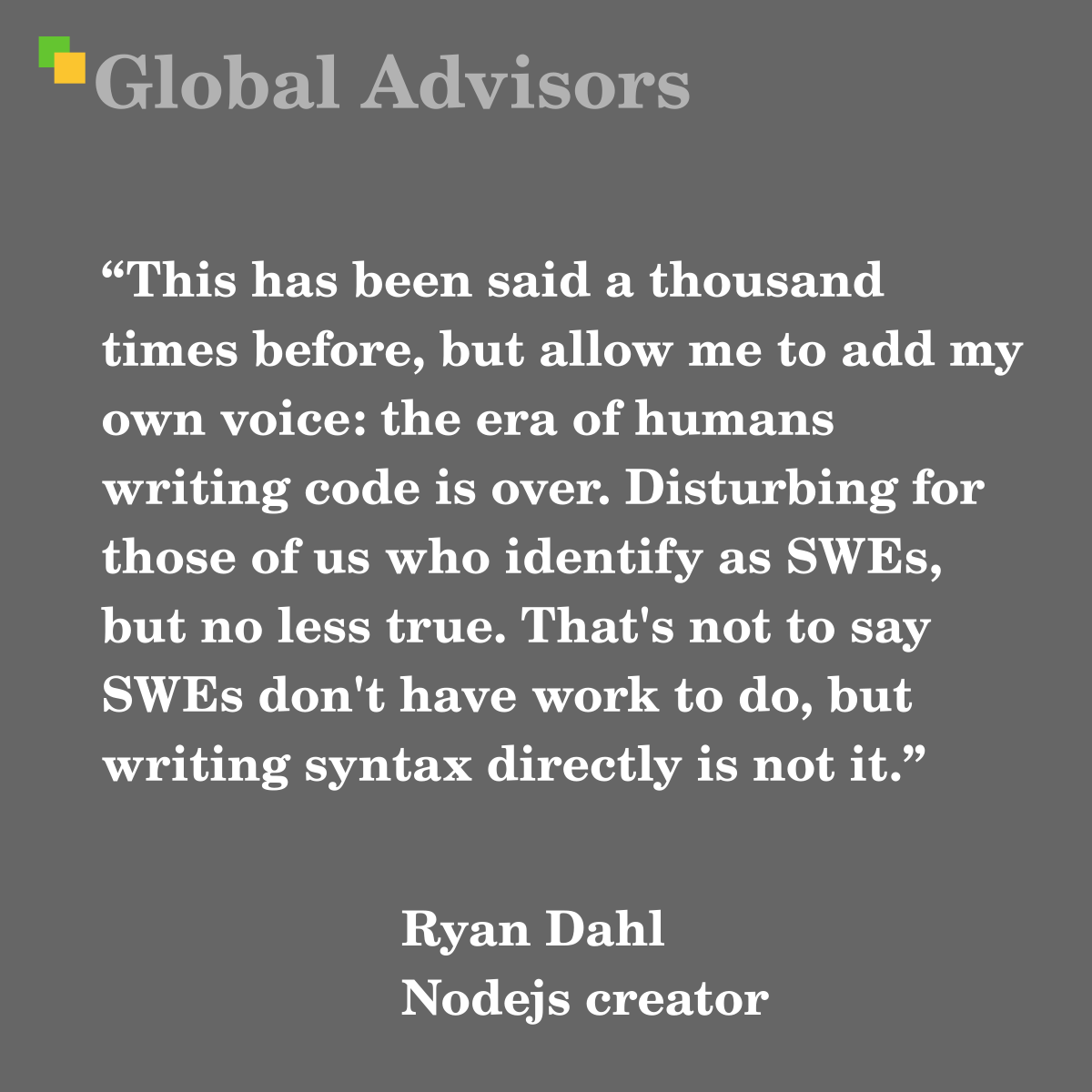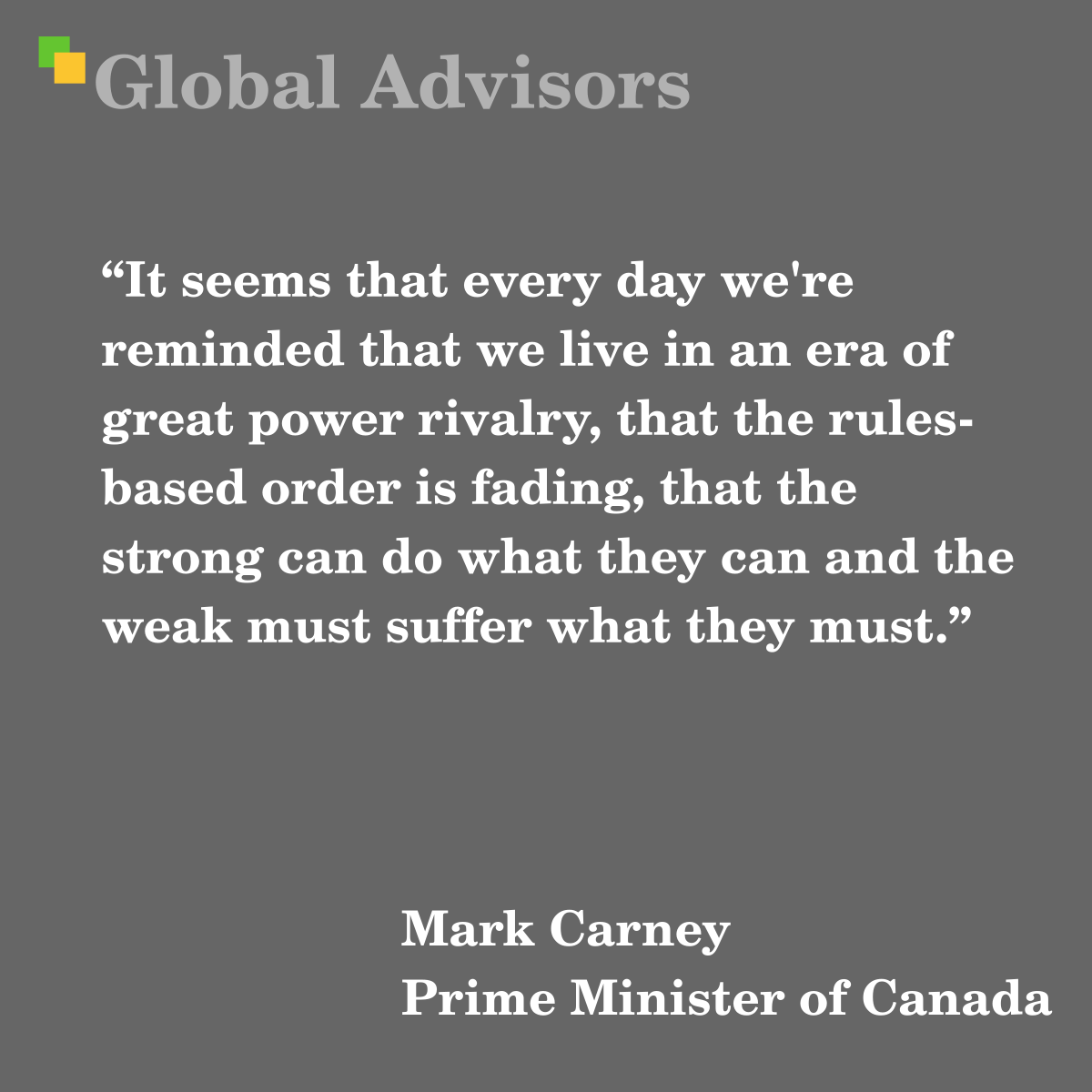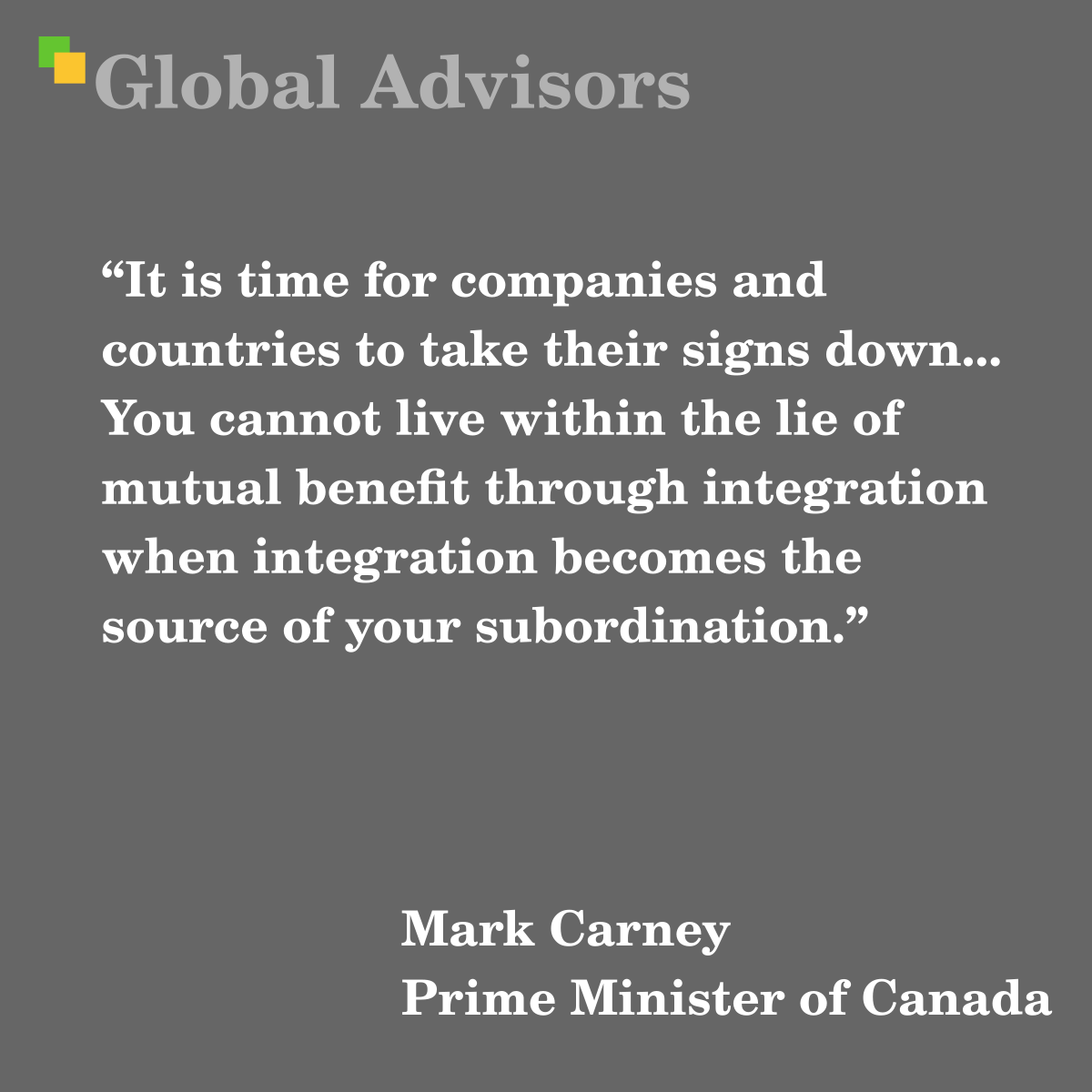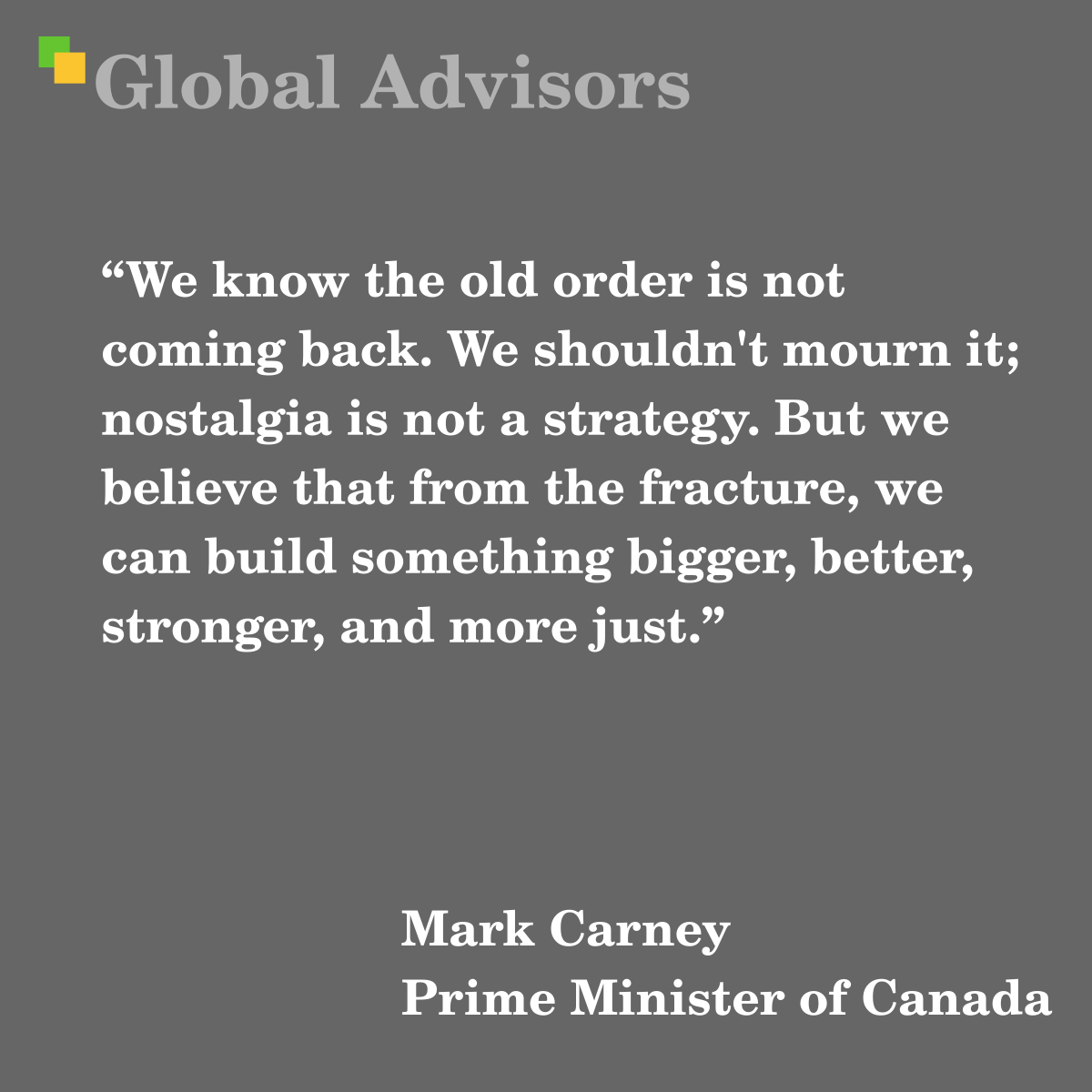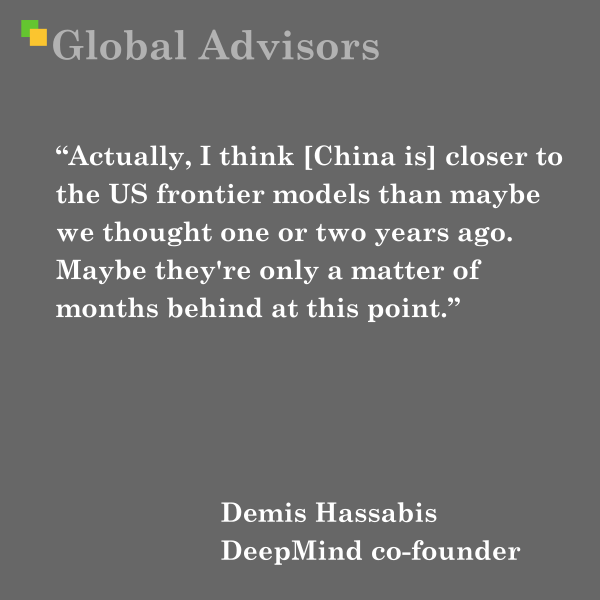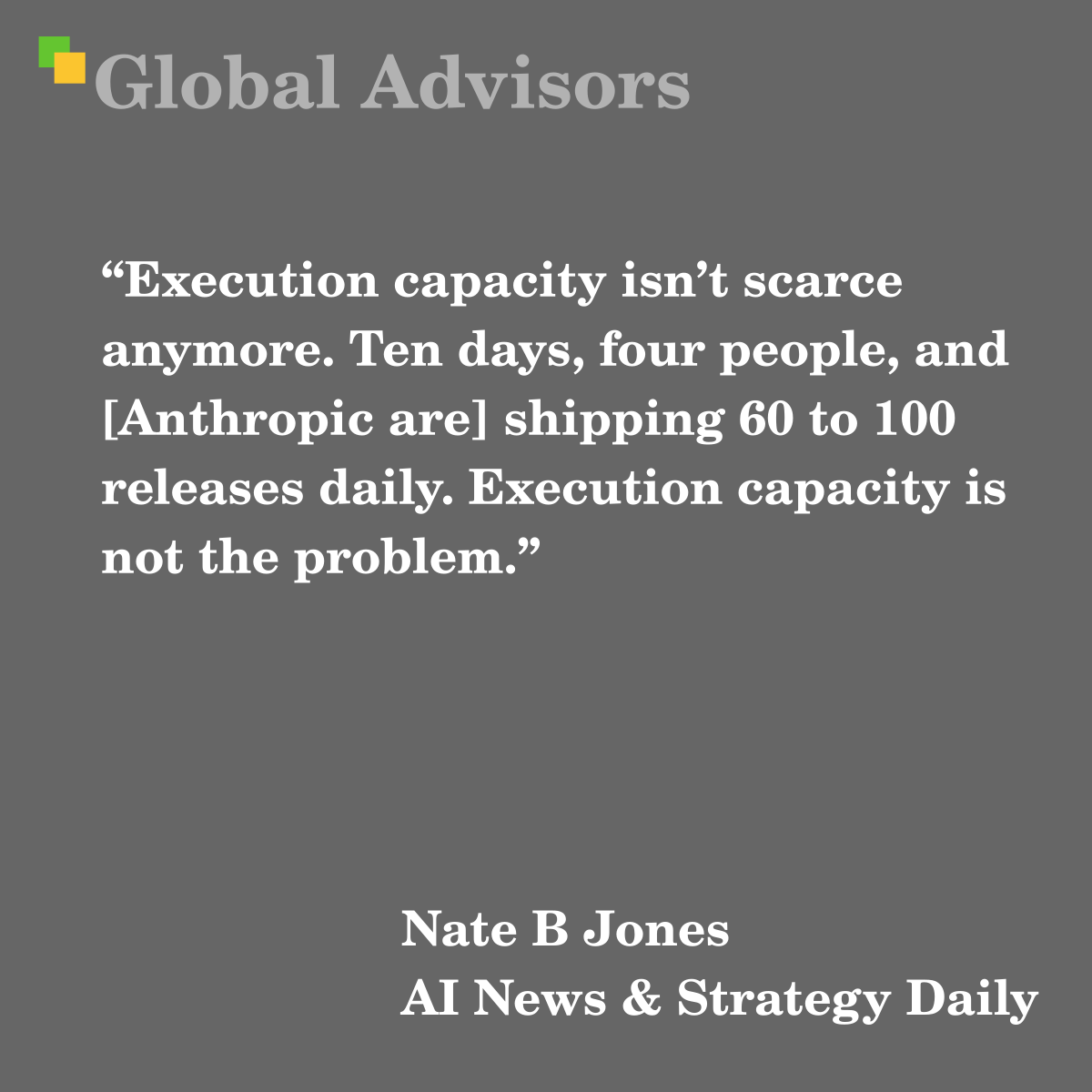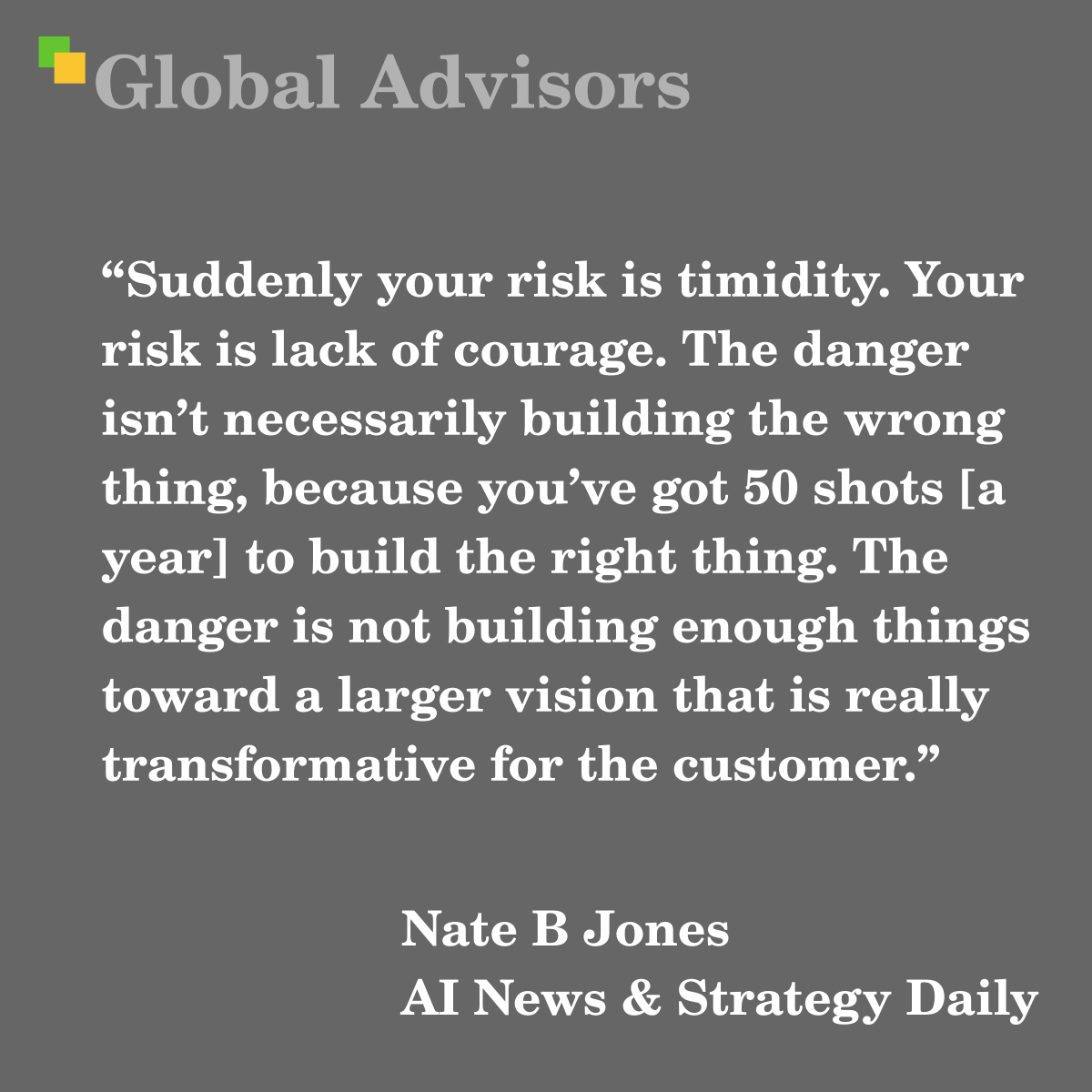“The fastest way to change yourself is to hang out with people who are already the way you want to be.” – Reid Hoffman – LinkedIn co-founder
Reid Hoffman, best known as the co-founder of LinkedIn, has spent his career at the intersection of technology, networks and human potential. His work is grounded in a deceptively simple observation: who you spend time with fundamentally shapes who you become. This quote, popularised through his book The Startup of You: Adapt to the Future, Invest in Yourself, and Transform Your Career, distils a central theme in his thinking – that careers and identities are not fixed paths, but evolving ventures built in relationship with others.2
Reid Hoffman: from philosopher to founder
Born in 1967 in California, Reid Hoffman studied at Stanford University, focusing on symbolic systems, a multidisciplinary programme that combines computer science, linguistics, philosophy and cognitive psychology. He later pursued a masters degree in philosophy at Oxford, with a particular interest in how individuals and societies create meaning and institutions. That philosophical grounding is visible in the way he talks about networks, trust and social systems, and in his tendency to move quickly from product features to questions of ethics and social impact.
Hoffman initially imagined becoming an academic, but he concluded that entrepreneurship offered a more direct way to shape the world. After early roles at Apple and Fujitsu, he founded his first company, SocialNet, in the late 1990s. It was an ambitious attempt at an online social platform before the wider market was ready. The experience taught him, by his own account, about timing, product-market fit and the brutal realities of execution. Those lessons would later inform his investment philosophy and his advice to founders.
He joined PayPal in its early days, becoming one of the core members of what later came to be known as the “PayPal Mafia”. As executive vice president responsible for business development, he helped navigate the company through growth, regulatory challenges and its eventual acquisition by eBay. This period sharpened his understanding of scaling networks, managing hypergrowth and building resilient organisational cultures. It also cemented his personal network with future founders of Tesla, SpaceX, Yelp, YouTube and Palantir, among others – a living demonstration of his own quote about proximity to people who embody the future you want to be part of.
In 2002, Hoffman co-founded LinkedIn, a professional networking platform that would come to dominate global online professional identity. The idea was radical at the time: that CVs could become living, networked artefacts; that careers could be navigated not just through internal company ladders but through visible webs of relationships; and that trust in business could be mediated through reputation signals and endorsements. LinkedIn grew steadily rather than explosively, reflecting Hoffmans view that durable networks are built on cumulative trust, not just viral growth. The platform embodies the logic of his quote: it is structurally designed to make it easier to find and connect with people whose careers, skills and values you aspire to emulate.2
After LinkedIn scaled and eventually sold to Microsoft, Hoffman became a partner at Greylock Partners, one of Silicon Valleys most established venture capital firms. There he focused on early-stage technology companies, particularly those with strong network effects. He also launched the podcast Masters of Scale, where he interviews founders and leaders about how they built their organisations. The show reinforces the same message: personal and organisational change rarely happens in isolation; it occurs in communities, teams and ecosystems that stretch what people believe is possible.
Context of the quote: The Startup of You and career as a startup
The quote appears in the context of Hoffmans book The Startup of You, co-authored with Ben Casnocha. In the book he argues that every individual, not just entrepreneurs, should think of themselves as the CEO of their own career, applying the mindset and tools of a startup to their working life. That means:
- Adapting continuously to change rather than relying on a single, static career plan.
- Investing in relationships as core professional assets, not peripheral extras.
- Running small experiments to test new directions, skills and opportunities.
- Building a “networked intelligence” – using the perspectives of others to navigate uncertainty.2
Within that framework, the quote about hanging out with people who are already the way you want to be is not a throwaway line. It is a strategy. Hoffman argues that exposing yourself to people who embody the skills, attitudes and standards you aspire to accelerates learning in several ways:
- It normalises behaviours that previously felt aspirational or out of reach.
- It provides a live reference model for decision-making, not just abstract advice.
- It reinforces identity shifts – you start to see yourself as part of a community where certain behaviours are standard.
- It opens doors to opportunities that flow along relationship lines.
In other words, the fastest way to change yourself is not merely to decide differently, but to embed yourself in different networks. This reflects Hoffmans broader belief that networks are not just social graphs; they are engines for personal transformation.
The idea behind the quote: why people shape who we become
The deeper logic behind Hoffmans quote sits at the convergence of several strands of research and theory about how human beings change:
- We internalise norms and expectations from our groups and reference communities.
- Identity is co-created in interaction with others, not just chosen privately.
- Behaviours spread through networks via imitation, modelling and subtle social cues.
- Access to information, opportunities and challenges is heavily mediated by relationships.
Hoffmans framing is distinctly practical. Rather than focusing on abstract self-improvement, he suggests a leverage point: choose your environment and your companions with intent. If you want to become more entrepreneurial, spend time with founders. If you want to become more disciplined, work alongside people who treat discipline as a norm. If you want a more global perspective, immerse yourself in networks that think and operate globally.
This is not, in his usage, about social climbing or mimicry. It is about recognising that the most powerful behavioural technologies we have are other people, and aligning ourselves with those whose example pulls us towards our better, more ambitious selves.
Related thinkers: how theory supports Hoffmans insight
Though Hoffmans quote arises from his own experience in technology and entrepreneurship, the underlying idea is echoed across psychology, sociology, economics and network science. A number of leading theorists and researchers provide a rich backstory to the principle that the people around us are key drivers of personal change.
1. Social learning and modelling – Albert Bandura
Albert Bandura, one of the most influential psychologists of the 20th century, developed social learning theory and the concept of self-efficacy. He showed that people learn new behaviours by observing others, especially when those others are perceived as competent, similar or high-status. In his famous Bobo doll experiments, children who saw adults behaving aggressively towards a doll were more likely to imitate that behaviour.
Bandura argued that much of human learning is vicarious. We watch, internalise and then reproduce behaviours without needing to experience all the consequences ourselves. In that light, Hoffmans advice to spend time with people who are already the way you want to be is essentially a prescription to leverage social modelling in your favour: choose role models and peer groups whose behaviour you want to absorb, because you will absorb it, consciously or not.
Banduras notion of self-efficacy – the belief in ones capability to achieve goals – is also relevant. Seeing people like you succeed in domains you care about, or live in ways you aspire to, is one of the strongest sources of increased self-efficacy. It tells you, implicitly: this is possible, and it may be possible for you.
2. Social comparison and reference groups – Leon Festinger
Leon Festinger, a social psychologist, introduced social comparison theory in the 1950s. He proposed that individuals evaluate their own opinions and abilities by comparing themselves with others, particularly when objective standards are absent or ambiguous. Reference groups – the people we implicitly choose as benchmarks – shape our sense of what counts as success, effort or normality.
Hoffmans quote can be read as deliberate reference-group engineering. If you choose a reference group made up of people who are already living or behaving in ways you admire, then your internal comparisons will continually pull you in that direction. Your standard of “normal” shifts upward. Over time, subtle adjustments in expectations, goals and self-assessment accumulate into substantive change.
3. Social networks and contagion – Nicholas Christakis and James Fowler
In their work on social contagion, Nicholas Christakis and James Fowler used large-scale longitudinal data to show that behaviours and states – from obesity to smoking, happiness and loneliness – can spread through social networks across multiple degrees of separation. If a friend of your friend becomes obese, for instance, your own likelihood of weight gain measurably changes, even if you never meet that intermediary person.
Their research suggests that networks do not merely reflect individual traits; they actively participate in shaping them. Norms, emotions and behaviours travel across the ties between people. In that sense, Hoffmans counsel is aligned with a network-science perspective: by embedding yourself in networks populated by people with the traits you seek, you are positioning yourself in the path of favourable social contagion.
4. Social capital and weak ties – Mark Granovetter and Robert Putnam
Mark Granovetters seminal work on “The Strength of Weak Ties” showed that weak connections – acquaintances rather than close friends – are disproportionately important for accessing new information, opportunities and perspectives. They bridge different clusters within a network and act as conduits between otherwise separated groups.
Robert Putnam, in his work on social capital, differentiated between bonding capital (strong ties within a close group) and bridging capital (ties that connect us across different groups). Bridging capital is particularly valuable for innovation and change, because it exposes individuals to unfamiliar norms, skills and possibilities.
Hoffmans own career illustrates these principles. His decision to join and later invest in networks of founders, technologists and global business leaders gave him an unusually rich set of weak and strong ties. When he advises people to spend time with those who already are how they want to be, he is, in effect, recommending the intentional cultivation of high-quality social capital in domains that matter for your growth.
5. Identity and habit change – James Clear, Charles Duhigg and behavioural science
Contemporary writers on habits and behaviour, such as James Clear and Charles Duhigg, synthesise research from psychology and behavioural economics to explain why environment and identity are so crucial in change. They emphasise that:
- Habits are heavily shaped by context and cues.
- We tend to adopt the habits of the groups we belong to.
- Sustained change often follows a shift in identity – a new answer to the question “Who am I?”
Clear, for example, argues that “the people you surround yourself with are a reflection of who you are, or who you want to be” – an idea strongly resonant with Hoffmans quote. Belonging to a group where a desired behaviour is normal lowers the friction of doing that behaviour yourself. You become the kind of person who does these things, because that is what “people like us” do.
Hoffman extends this line of thought into the professional realm: if you want to be the sort of person who takes intelligent risks, builds companies or adapts well to technological change, put yourself in communities where those behaviours are routine, admired and expected.
6. Deliberate practice and expert communities – K. Anders Ericsson
K. Anders Ericsson, known for his work on expert performance and deliberate practice, showed that world-class performance is rarely a product of raw talent alone. It depends on structured, effortful practice over time, typically supported by coaches, mentors and high-level peer groups. Elite performers tend to train in environments where excellence is normalised and where feedback is rapid, precise and demanding.
Viewed through this lens, Hoffmans quote points to the importance of expert communities for accelerating growth. Being around people who are already operating at the level you aspire to does more than inspire; it enables a more rigorous, feedback-rich form of practice. It shrinks the gap between aspiration and reality by surrounding you with tangible exemplars and high expectations.
7. Entrepreneurial ecosystems – AnnaLee Saxenian and cluster theory
Research on regional innovation systems and entrepreneurial ecosystems, such as AnnaLee Saxenians work on Silicon Valley, illuminates how geographic and social concentration of talent drives innovation. Silicon Valley became uniquely productive not just because of capital or universities, but because it created dense networks of engineers, founders, investors and service providers who interacted constantly, shared norms and recycled experience across companies.
Hoffmans career is intertwined with this ecosystem logic. His own network, forged through PayPal, LinkedIn and Greylock, reflects the power of clusters where people who already embody entrepreneurial behaviours interact daily. When he advises others to “hang out” with people who are already how they want to be, he is, in effect, recommending that individuals build their own personal micro-ecosystems of aspiration, whether or not they live in Silicon Valley.
The personal strategy embedded in the quote
Hoffmans quote can serve as a practical checklist for personal and professional growth:
- Clarify the change you want – skills, mindset, values, level of responsibility or kind of impact.
- Identify living examples – people who already embody that change, ideally at different stages and in different contexts.
- Shift your time allocation – invest more time in conversations, projects and communities with those people and less in environments that reinforce your old patterns.
- Contribute, not just consume – add value to those relationships; become useful to the people you want to learn from.
- Allow your identity to update – notice when you start to see yourself as part of a new tribe and let that guide your choices.
For Hoffman, the network is not a backdrop to personal change; it is the primary medium through which change happens. His own journey – from philosopher to entrepreneur, from founder to investor and public intellectual – unfolded through successive communities of people who were already operating in the ways he wanted to learn. The quote captures that lived experience in a single, portable principle: to change yourself at speed, change who you are with.
References
2. https://www.goodreads.com/quotes/11473244-the-fastest-way-to-change-yourself-is-to-hang-out
3. https://www.azquotes.com/quote/520979
